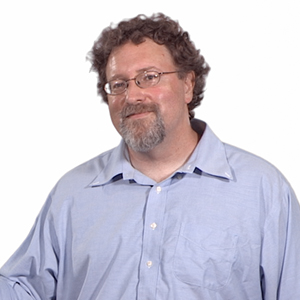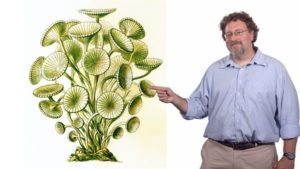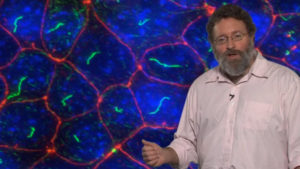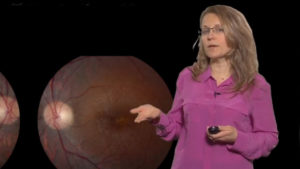Wallace Marshall received his BE in Electrical Engineering and his BS in Biochemistry from SUNY Stony Brook and his PhD in Biochemistry from the University of California, San Francisco. He was a post-doctoral fellow at Yale University.
Currently, Marshall is a Professor of Biochemistry and Biophysics at UCSF. His lab is interested in the question of how cells count and measure. For example, how does a cell know how long its flagella should be? Or how many centrioles it has (or should have) and where they should be within the cell? Many of these questions are addressed using the single celled organisms Chlamydomonas reinhardtii, Stentor coeruleus, and budding yeast.







